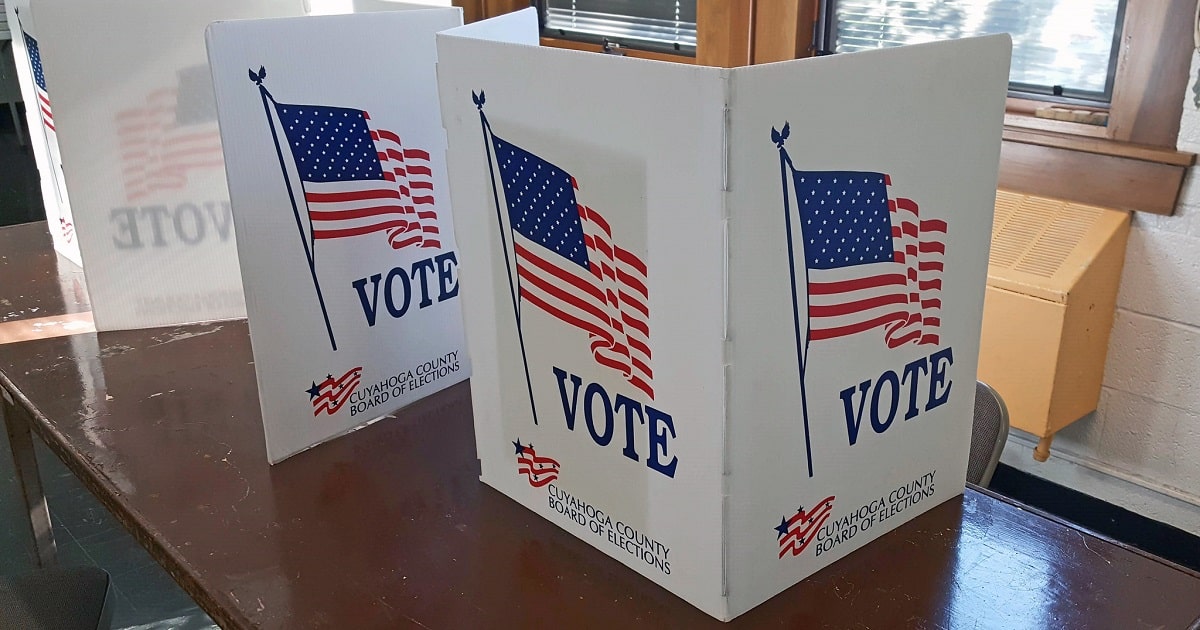



President Donald Trump has just dropped a game-changer for the Middle East that could finally silence the endless cycle of conflict in Gaza.
Breitbart reported that on Monday, alongside Israeli Prime Minister Benjamin Netanyahu at the White House, Trump unveiled a bold 20-point peace plan designed to end the war and carve a path to lasting stability. If this isn’t a swing for the fences, I don’t know what is.
This historic proposal, laid out in detail at the White House, seeks to dismantle Hamas’ grip on Gaza, secure the release of hostages, and establish a framework for reconstruction and security with international backing.
Let’s start with the big reveal: Trump and Netanyahu stood shoulder to shoulder, presenting a plan that demands Hamas release all remaining hostages within 72 hours of acceptance. That’s not a suggestion—it’s a non-negotiable trigger for peace. If Hamas balks, well, they’ve just painted themselves into a corner.
The plan doesn’t stop at hostages; it goes for the jugular by calling for the complete disarmament of Hamas and its total exit from Gaza’s governance.
No more hiding behind civilian shields or playing the victim card while stockpiling rockets. This is a direct strike at the root of the terror problem; no apologies needed.
Here’s a carrot for those willing to change: Hamas members who renounce violence might get amnesty to stay in Gaza or safe passage to third countries. It’s a pragmatic offer—drop the hate, or get out. Not exactly the progressive “hug it out” approach, but sometimes reality demands tough choices.
Trump made it crystal clear, saying, “Hamas would have no role in governance.” That’s a line in the sand, and frankly, it’s about time someone drew it. Catering to terror groups under the guise of inclusivity has never worked, and this plan refuses to play that game.
If Hamas rejects the deal—and let’s be honest, their track record isn’t exactly cooperative—Israel will set up “terror-free” zones in Gaza, eventually handing control to an International Stabilization Force of Arab and other global partners. This isn’t just a military fix; it’s a diplomatic chess move to share the burden. No one wants the IDF stuck babysitting forever.
Israel, under this framework, will maintain a security perimeter in Gaza for the long haul while tying any withdrawals to the level of disarmament achieved.
That’s not an occupation; it’s common sense. You don’t leave the door unlocked when the burglar’s still lurking.
A unique piece of this puzzle is the Board of Peace, chaired by Trump himself, to oversee reconstruction and interim governance in Gaza.
It’s a bold claim to leadership, and while some might scoff at the optics, having a strong hand at the helm could keep this from devolving into another bureaucratic mess.
Retired U.S. Army Major John Spencer, an expert in urban warfare, didn’t hold back in his praise, stating, “In my view, the 20-point plan is the most comprehensive proposal put forward to date.”
That’s not just a pat on the back; it’s a recognition that this plan tackles both immediate security and long-term hope. Finally, someone’s addressing the elephant in the room without tiptoeing around feelings.
Spencer also noted how the plan directly targets Israel’s goals against Hamas while offering a real path forward for Palestinians. It’s not about picking winners and losers; it’s about setting conditions where peace isn’t just a buzzword. Imagine that—policy over platitudes.
Netanyahu, ever the realist, underscored the stakes, saying, “We’d prefer the easy way, but it has to be done.” He’s not wrong; after endless cycles of violence, half-measures and wishful thinking won’t cut it. This is a call for results, not rhetoric.
As of Monday evening, October 6, 2025, Hamas hadn’t uttered a peep about the proposal. Their silence speaks volumes—either they’re scrambling for a response, or they’re gearing up for the usual obstruction. History suggests the latter, but we’ll see.
Questions linger about who’ll join the Board of Peace, which nations will step up for the stabilization force, and how to ensure Hamas complies. These aren’t minor details, but they don’t erase the plan’s potential. It’s a framework that dares to answer more than it asks, a rarity in Middle East diplomacy.



